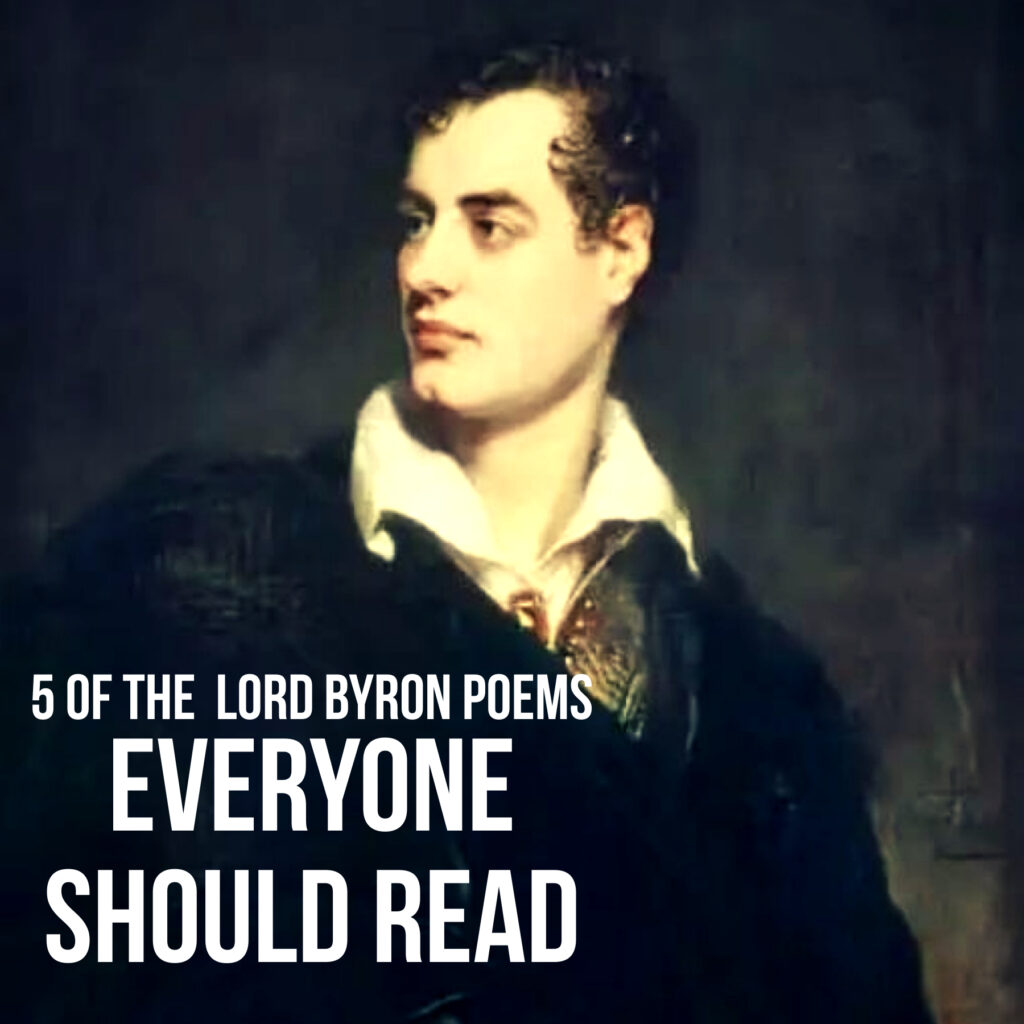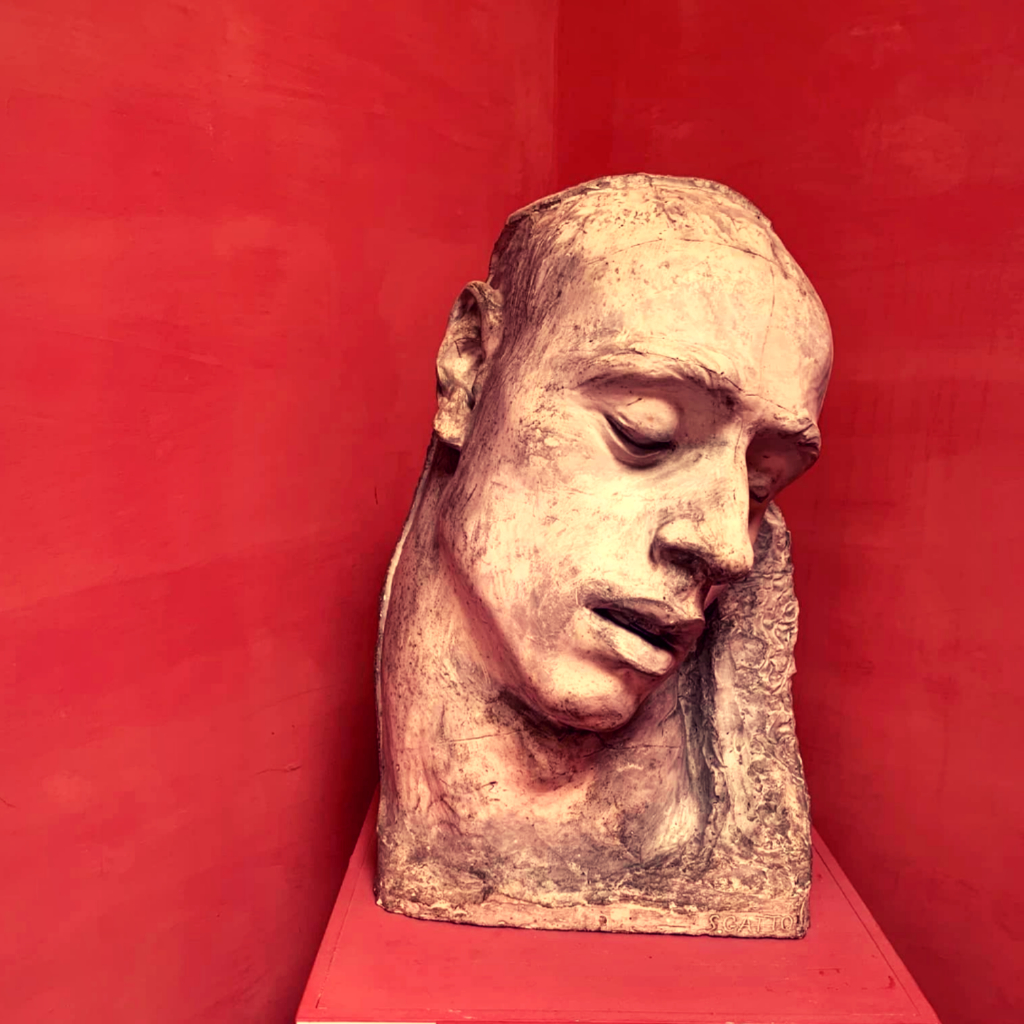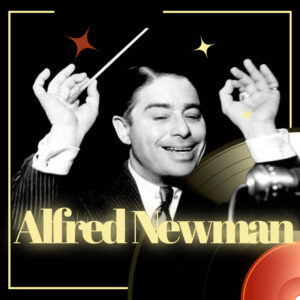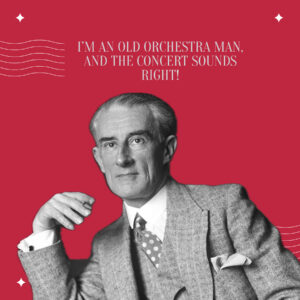
Here are some of Lord Byron’s most widely recognised and adored poems, which include narrative verse, love poetry, simple lyrics.
She Walks in Beauty
As an attempt to charm a young woman, Byron’s perhaps most beloved and frequently anthologised lyric work, “She Walks in Beauty,” appears in Dead Poets Society. The first line of the poem perfectly expresses the spirit of the Romantic poem, which idolises and idealises a woman’s beauty:
She walks in beauty, like the night
Of cloudless climes and starry skies;
And all that’s best of dark and bright
Meet in her aspect and her eyes;
Thus mellowed to that tender light
Which heaven to gaudy day denies…
When We Two Parted
This well-known Byron lyric may have been inspired by an affair that the poet had in real life with Lady Frances Webster, who was also close to the Duke of Wellington. This is a traditional (and romantic) way of expressing parting as bittersweet sadness:
When we two parted
In silence and tears,
Half broken-hearted
To sever for years,
Pale grew thy cheek and cold,
Colder thy kiss;
Truly that hour foretold
Sorrow to this…
Childe Harold’s Pilgrimage
Byron said that he woke up one morning having become famous due to the popularity of this long narrative poem:
Childe Harold was he hight:—but whence his name
And lineage long, it suits me not to say;
Suffice it, that perchance they were of fame,
And had been glorious in another day:
But one sad losel soils a name for aye,
However mighty in the olden time;
Nor all that heralds rake from coffined clay,
Nor florid prose, nor honeyed lines of rhyme,
Can blazon evil deeds, or consecrate a crime.
Don Juan
Lord Byron scornfully dedicated “Don Juan” to his artistic rival and enemy Robert Southey, who then was the incumbent Poet Laureate of Britain; in stanza III Byron said: “You, Bob! are rather insolent, you know, / At being disappointed in your wish / To supersede all warblers here below, / And be the only Blackbird in the dish; / And then you overstrain yourself, or so, / And tumble downward like the flying fish / Gasping on the deck, because you soar too high, Bob, / And fall, for lack of moisture quite a-dry, Bob!”
I want a hero: an uncommon want,
When every year and month sends forth a new one,
Till, after cloying the gazettes with cant,
The age discovers he is not the true one;
Of such as these I should not care to vaunt,
I’ll therefore take our ancient friend Don Juan—
We all have seen him, in the pantomime,
Sent to the devil somewhat ere his time.
Darkness
I had a dream, which was not all a dream.
The bright sun was extinguish’d, and the stars
Did wander darkling in the eternal space,
Rayless, and pathless, and the icy earth
Swung blind and blackening in the moonless air;
Morn came and went—and came, and brought no day…
The curious episode that inspired this poem was the erupting of Mount Tambora in Indonesia, which profoundly changed global weather patterns and declared 1816 to be “the Year without a Summer.” This same incident also brought Byron to Lake Geneva and inspired him to write a ghost tale competition that resulted in the creation of Mary Shelley’s classic Frankenstein. The destruction of the sun appeared to Byron to be a dream, but it was actually “no dream,” but rather an odd and incredibly terrible reality.
“Byron” is a British television film based on the adult life of English poet Lord Byron. Written by Nick Dear and directed by Julian Farino, it features Jonny Lee Miller in the title role alongside Vanessa Redgrave who portrays Lady Melbourne. It was first aired by the BBC in two, 75 minute parts in September 2003.
Part 1: The Summer of a Dormouse
Part 2: The Eloquence of Action”
Writer: Nick Dear
Director: Julian Farino
Executive producers: Laura Mackie, Hilary Salmon & Andrea Miller
Producer: Ruth Baumgarten
Production company: BBC
Original network: BBC Two



